Improving digestion means improving health. As Hippocrates said some 2000 years ago: “All disease begins in the gut”. This post will provide practical tips on how you can make small changes that will have a big impact on your digestion.
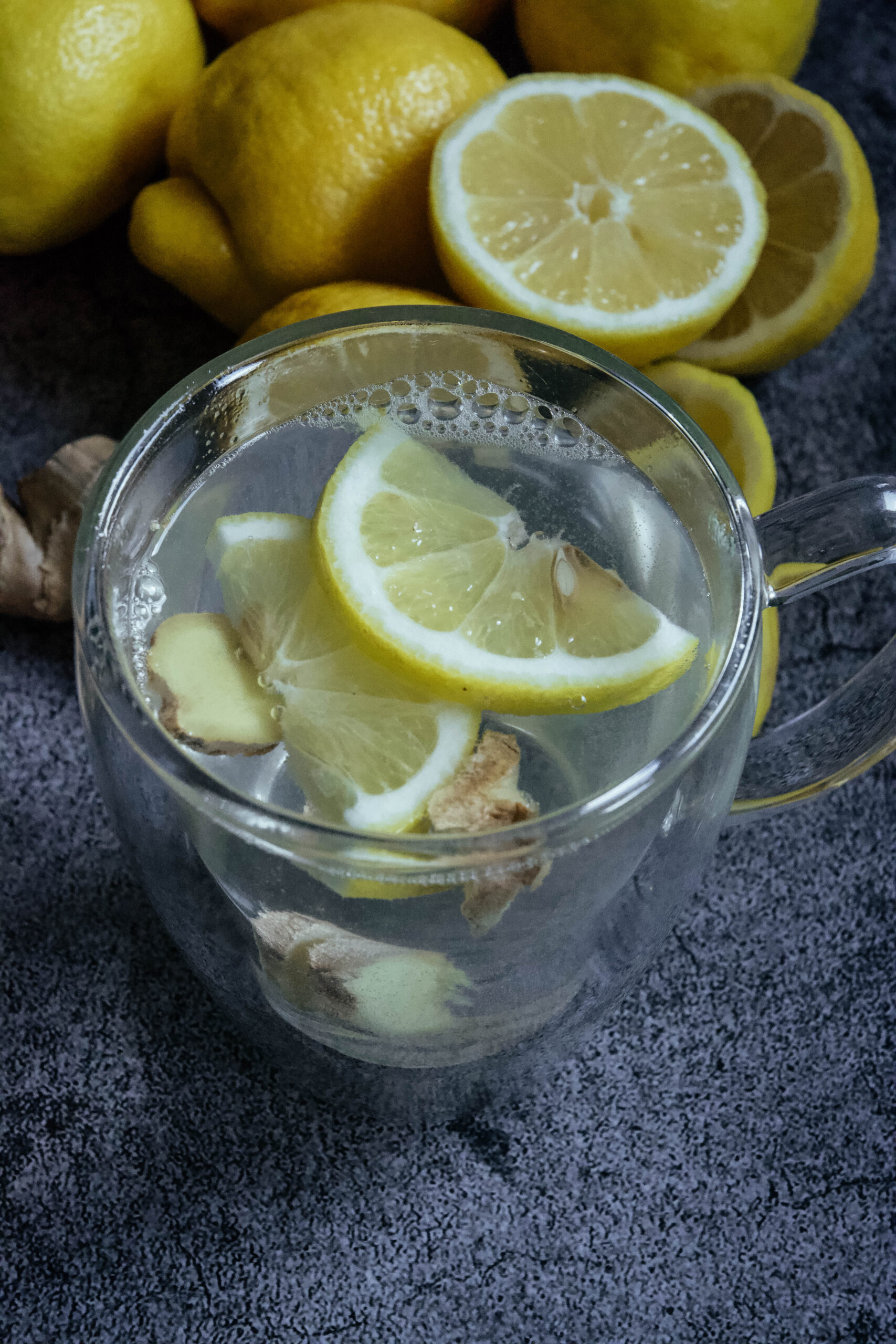

It’s taken a lot of trial and error to get to this point but at last, I think I can finally say that I’m just now starting to understand that approaching digestion cannot merely be done from a nutrition and food stand point alone. It is a holistic approach, which takes into consideration our stress levels (and ability to process stress), our sleep patterns, the types of foods we are eating and when we’re eating them.
Let’s consider this. You just left work, are stressed out and tired. You pop into the market and pick up all the healthy ingredients you need to make dinner. You sit in traffic, are annoyed and get home to find your house in disarray and everyone in your family is starving. You rush and cook dinner as fast as humanly possible, barely stopping to acknowledge the beautiful ingredients before you. It’s just a race to get it done.
You finish cooking, sit down to eat when your phone dings. So of course you pick it up, eat while checking your email, respond to the email and decide to scroll through your social media feed quickly when you realize your food is gone and you don’t remember tasting it. So you get a little more, then before you know it, you’re uncomfortably full and feeling rather awful, despite the so called healthy meal you just prepared.
It’s unrealistic of us to expect our digestive system to function properly when we’ve done nothing but dump food into it while our nervous system was on overdrive. Our environment, preparation, when and how we eat our food matters.
Digestion and stress
Most people feel uncomfortable talking about their gut issues, assuming that it’s just what happens and we have to deal with it. Sure we all experience bloating, constipation, diarrhea, heart burn and general discomfort from time to time, but when those are chronic, it starts to impact the quality of life.
We often forget that our bodies and minds are connected. And our brain is taking in stimulation nearly 24/7 in the form of work stress, sitting in front of screens all day, social media, family and social obligations, the dings from notifications in the middle of the night and the myriad other stressors we encouter.
Sure you may not think these are a big deal, but every time you experience a tiny bit of stress, your body secretes the stress hormone cortisol, which activates the sympathetic nervous system (fight or flight) and suppresses the parasympathetic nervous system (rest and digest). So it’s no surprise that none of us are properly digesting our food. We eat while working (I’m 100% guilty of this), stressed (guilty), when not even hungry (guilty).
Good digestion is key to good health
If you’re reading this blog you probably suffer from digestive issues and have on more than one occasion experienced a similar scenario to the above. You also know what it feels like to have a nourishing meal, in a calm environment, when you’re able to taste and appreciate your food; when your body is at rest and you’ve created enough space to honor and enjoy that meal. And sure it’s difficult to keep this up day to day but if we become really intentional about the things that matter in our lives, our digestive health should be near top priority.
How to improve digestion
While there’s no magic formula or a one size fits all approach, here are some steps everyone can take to improve digestion in as little as a few days.
1. Cook your food
It’s impossible to ignore the negative impact of processed foods on the body and on digestion. Our standard America diet is high in refined carbs, sugar, additives and unpronounceable ingredients, which can over time break down the gut lining, leading to numerous digestive issues, including leaky gut, IBS, colitis and Chrons.
But one way to improve digestion is to cook your own food as often as possible. You have full control over the ingredients you purchase and the way you cook them.
2. Chew your food
I’ll be the first one to admit that I’m a fast eater. It takes continuous practice to consciously slow down and savor my food. Digestion after all starts in the mouth, so when we eat in a hurry and dump large pieces of food into our stomachs, it takes quite a bit of work for the digestive system to break it down. Chewing food properly is such a simple concept, but one that requires practice and mindfulness but one that can truly make a difference in how you feel after a meal. This also allows you to eat less food and feel fuller quicker.
3. Drink apple cider vinegar
Drinking apple cider vinegar helps to stimulate digestion by increasing the acidity in the stomach, which helps break down protein. Most of us don’t have enough stomach acid to help break down particularly difficult to digest foods so drinking apple cider vinegar every day may help improve digestion.
I find mixing 1-2 teaspoon in 8 ounces of water once or twice a day to have a big impact in my digestion. *If you’re pregnant or breastfeeding, please use caution and do your research.
4. Watch for food sensitivities
If you’re sensitive to dairy, gluten, soy or any other food, you will inevitably suffer from digestive issues nearly every time you consume that particular food. If you experience, bloating, cramps and general discomfort shortly after eating a particular food, you may want to try an elimination diet and slowly reintroduce the food. Once you’ve determined the cause, you can make a more informed decision about cutting that particular food out of your life. Or better yet, you can start eating a real food diet, which will likely eliminate these trigger foods.
5. Be careful when eating fruit with your meal
If you feel bloated and uncomfortable shortly after eating bacon, eggs and fruit in the morning, the culprit could be the fruit. There’s nothing wrong with the fruit itself, but fruit breaks down far faster than protein so the sugars end up fermenting, leading to unwanted bloating and gas. Some people may have absolutely no problem eating fruit with a meal, but if you struggle with gut issues, pay attention to this one as this one little step could improve your digestion. What I found helpful is eating fruit between meals as it digests very quickly. But each body is unique, therefore see what works best for you.
6. Limit raw food
I know it sounds counter-intuitive to everything we’ve been told. And while it’s true that raw food in its purest state does contain the most nutrients, it’s not always true that those nutrients are actually absorbed by the body. If you’re trying to improve digestion and find yourself struggling after having consumed raw vegetables, consider blanching them first, sautéing or lightly grilling or simply cook them in your favorite recipes. Some foods do inevitably lose some of their nutrient density when cooked but others like spinach, asparagus, meats, mushrooms, tomatoes, carrots, legumes and grains become more bio-available.
7. Soak legumes nuts and grains
While we’re on the topic of legumes and grains. It’s very tempting to grab a can of chickpeas when you haven’t planned and toss it in that curry you’re making tonight. And sure, for some people using canned beans may make zero difference but for those of us looking to improve digestion or those who struggle with digesting legumes and grains, soaking is key! And of course it does take planning and preparation but it can also make all the difference in how you feel.
8. Move more
Regular exercise can help increase transit time and keep your digestive system working efficiently. Exercise is particularly good for those suffering from bloating and constipation. It can minimize the time it takes for food to move through the large intestine, hindering the body from absorbing too much water, which makes stool harder to pass.
Exercise also improves digestion by increasing heart rate and blood flow, which affects every system in the body, including your digestive tract. In addition, it can positively change your microbiome.
Exercising also helps to reduce stress, which significantly affects proper digestion. And there’s no need to spend hours at the gym. Something as simple as walking daily, yoga, cycling or jogging can make a big difference and improve digestion.
9. Reduce stress
The mind and body are intricately connected and what we feel in our minds, we feel in our bodies. Stress is often felt in the body. Just think about the butterflies in our stomachs when we’re nervous, the tension in our bodies when we’re angry, the knot in our throats when we feel deeply sad. Stress therefore plays a huge role on digestion, particularly for those with digestive disorders.
Minimizing the effects of stress through any means possible will greatly reduce digestive distress. Yoga, meditation, walking, exercise, therapy, massage, spending time in nature are just some ideas for reducing daily stress. Also, understanding our relationship with stress is important as stress will always be a part of life, but it’s our ability to process it, that can affect us.
10. When you eat matters
When we eat is just as important as what we eat. If you find yourself eating large dinners late at night, snacking before bed or even in the middle of the night, this could impact digestion in more ways than you think. Several studies suggest that eating the main meal before 3pm, is optimal for digestion but I realize that that’s nearly impossible in our harried, overly busy culture. But if we can make an effort to eat the last meal 3 hours before bed, this in itself can improve digestion as well as sleep.
11. Try digestive enzymes
Yes, in a perfect world, we would all have wonderful digestive systems and our bodies would function optimally. Unfortunately many of us have found that not to be the case. But taking a digestive enzyme can help improve digestion by helping to break down harder to digest foods. If you're unable to incorporate foods like bananas, mangos, avocado, kefir, sauerkraut, and ginger—some of the few that naturally contain digestive enzymes—into your daily diet, try the best digestive enzyme supplements to support healthy digestion and nutrient absorption.
12. Drink warm lemon water with ginger
And this leads me to my go-to beverage I drink every single day - warm water with ginger and lemon. It is naturally hydrating, stimulates the GI system, and naturally improves digestion and it is also anti-inflammatory
All you need is warm water, a few slices of lemon, and sliced fresh ginger. I find that it is one of the most effective ways to keep things moving smoothly (no pun intended) and keep you feeling vibrant and healthy.
If you're not feeling the ginger first thing in the morning, skip it and go for just lemon water. You'll feel the benefits right away!
13. Sleep more
I feel this should probably be #1 but I wanted to add it last because I hope it can help you realize just how important sleep is for digestion. If you’ve experienced a poor night’s sleep, you know very well how hungry you are the next day and how nothing really satisfies you. When we are sleep deprived, the brain reduces the production of leptin (the appetite suppressing hormone) and increases the production of ghrelin (the appetite stimulating hormone). When this happens, the balance between the two is out of synch and this will in turn have an effect on digestion. If you want an in-depth post on how to improve your sleep naturally, you can find it here.
An optimally functioning digestive system can have a drastic effect on the quality of our lives. And incorporating even one of these habits into your day can have a life-changing effect. After all, our health really begins in the gut.
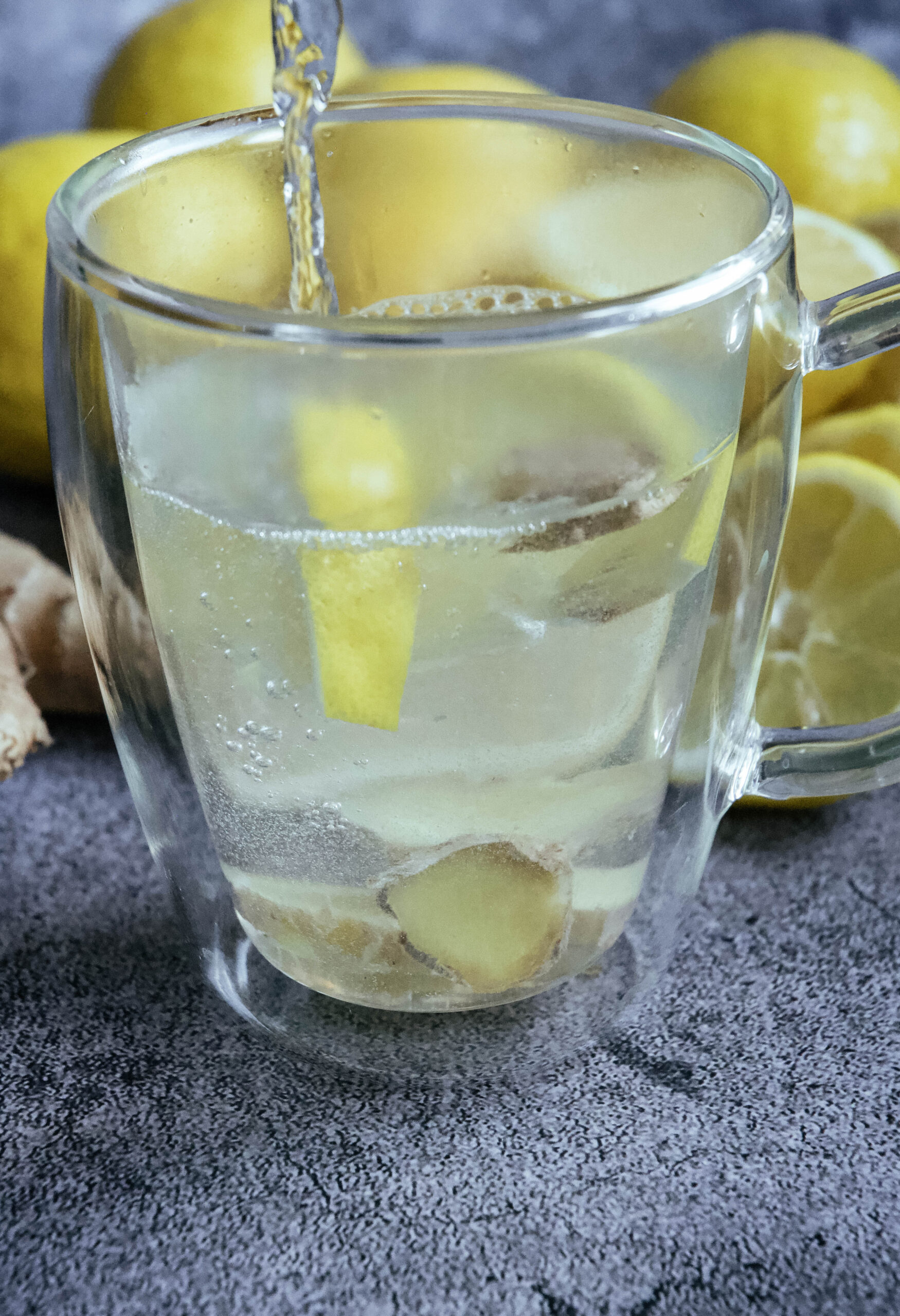


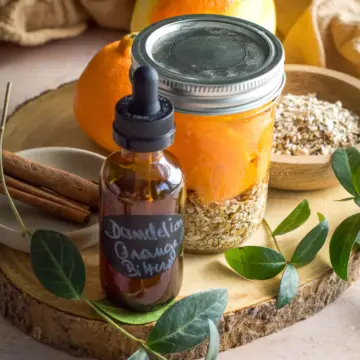
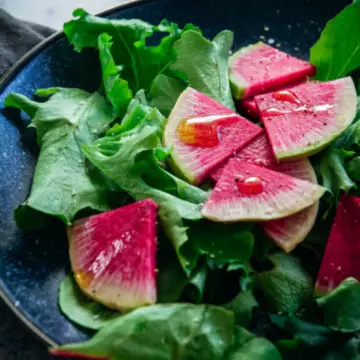
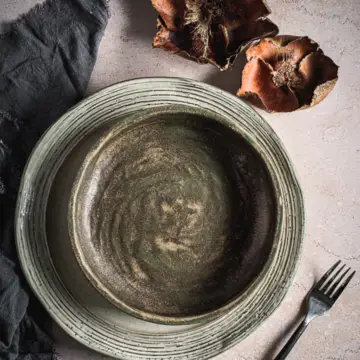

Raia Todd
Yes, yes, yes! Yes to all these tips. I certainly have found that digestive enzymes help me, as well as cooking my food (not so much raw stuff!).
Daniela Modesto
Totally Raia!! I'm with you on the digestive enzymes and cooking food all the way! Some raw is fine but it can be tough at times!
Lemon pickle
Lemonades are the best supplements for better diet plan. The article is giving useful health and diet tips.
Daniela Modesto
Thank you so very much! Yes, lemons really are wonderful!!
Johny Marks
Hey Daniela!! Amazing post. Lemon is always the best option for all digestive problems. I have also witnessed the great benefits of lemon water mixed with one tablespoon of honey. Not only they helped in my digestion but also my skin got clear and glowing after using it regularly. Thanks for sharing.
Daniela Modesto
Honey is wonderful indeed! The combination of the two is absolutely powerful!